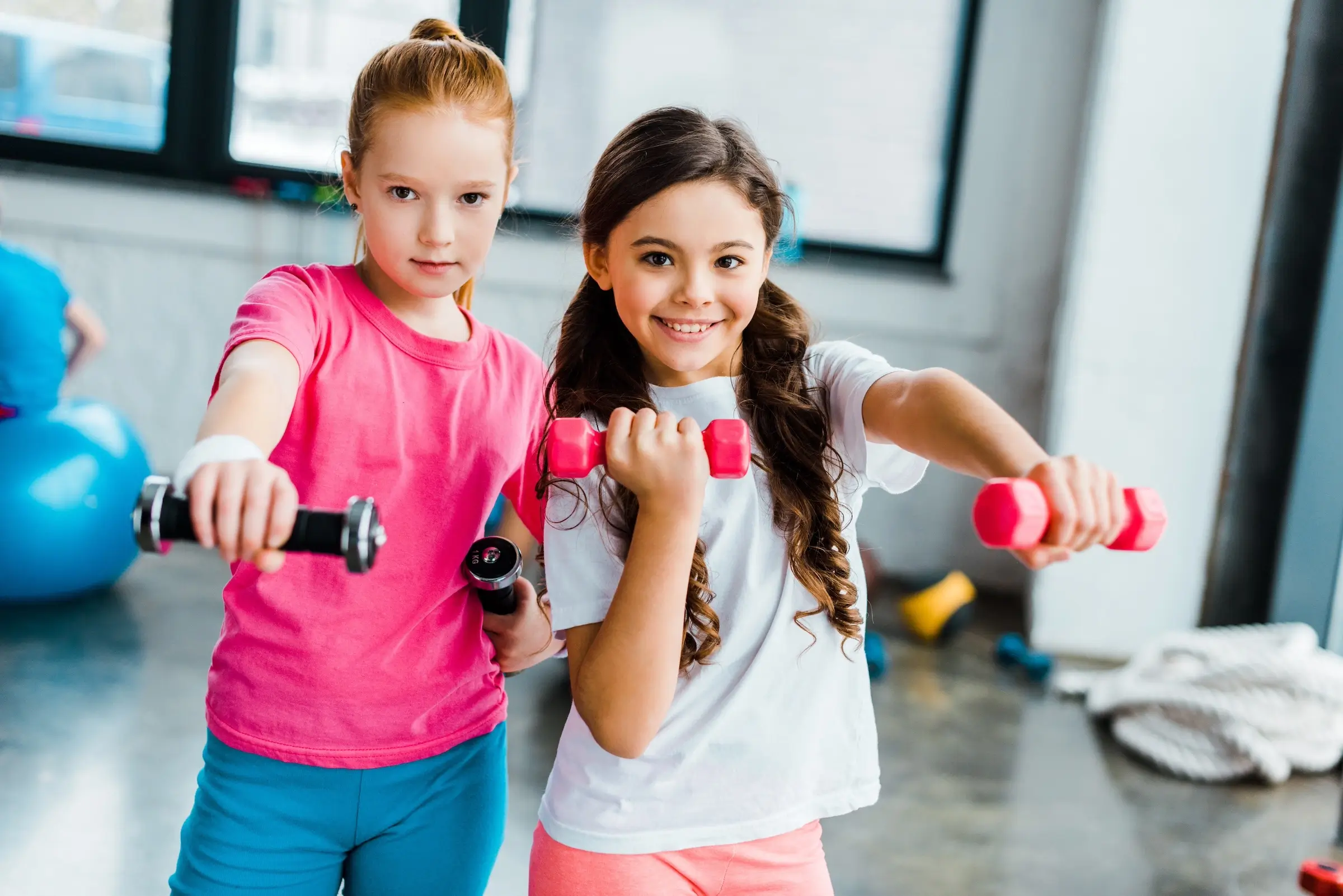Introduction
Physical fitness is not just essential for adults; it plays a pivotal role in the growth and development of children as well. Early childhood, a critical period of rapid physical and cognitive development, is the perfect time to instill the importance of fitness. This blog post will delve into the significance of children’s physical fitness in early childhood development, the benefits it offers, and how parents and caregivers can promote it.
The Role of Physical Fitness in Early Childhood
Physical Development
Children’s fitness activities in early childhood primarily contribute to the development of gross and fine motor skills. Regular physical activity helps children gain strength, improve coordination, and develop a sense of balance. It also promotes cardiovascular health and establishes a foundation for a healthy lifestyle in the future. Furthermore, physical fitness in early childhood can prevent obesity and related health issues, making it a crucial aspect of a child’s overall health and well-being.
Cognitive Development
Children’s fitness is not just about the body; it also has a profound impact on a child’s brain. Engaging in physical activities enhances a child’s cognitive abilities, including attention span, memory, problem-solving skills, and academic performance. It also fosters creativity and imagination, which are crucial for cognitive development. Physical activities provide children with opportunities to explore, experiment, and learn about the world around them, thereby stimulating their curiosity and love for learning.
The Emotional and Social Benefits of Children’s Fitness
Emotional Well-being
Physical activities are a great way for children to express themselves, manage stress, and improve their mood. Regular exercise can boost self-esteem and confidence, helping children feel good about themselves. It also teaches them about resilience and perseverance, essential life skills that contribute to their emotional well-being. Moreover, physical activities can be a source of joy and relaxation for children, providing them with a healthy outlet for their energy and emotions.
Social Skills
Group activities and team sports offer children the opportunity to interact with their peers, learn about teamwork, and develop social skills. They learn to communicate, cooperate, and resolve conflicts, which are vital for their social development. Children’s fitness activities also provide a platform for children to make friends and feel a sense of belonging. Participating in group activities can enhance children’s social skills, empathy, and understanding of others, making physical fitness a holistic approach to child development.
Promoting Children’s Fitness in Early Childhood
Incorporating Fitness into Daily Routine
Children’s fitness should be a part of a child’s daily routine. It could be as simple as walking or cycling to school, playing in the park, or participating in a Pack Fitness class. Parents and caregivers can also engage in physical activities with children, making it a fun family time. Making physical fitness a regular part of a child’s life from an early age can instill a lifelong habit of physical activity and promote a healthy lifestyle.
Choosing Age-appropriate Activities
It’s essential to choose activities that are suitable for a child’s age and developmental stage. For younger children, unstructured play such as running, jumping, or playing catch can be a good start. As children grow older, they can be introduced to more structured activities like sports or martial arts. Age-appropriate activities ensure that children are engaged, challenged, and enjoying their fitness journey, making physical activity a positive and enjoyable experience.
Conclusion
Children’s fitness plays a crucial role in a child’s overall development, contributing to their physical health, cognitive abilities, emotional well-being, and social skills. By promoting children’s fitness from an early age, we can set the foundation for a healthy and active lifestyle for our children. So, let’s encourage our children to move, play, and stay active for their holistic development. Interested in learning more about children’s fitness? Check out our classes or contact us for more information.

